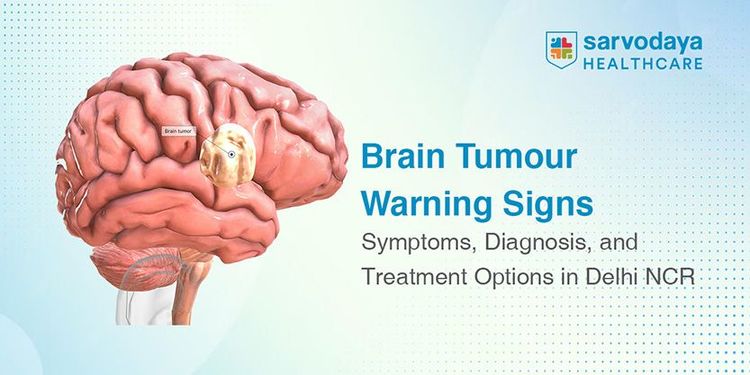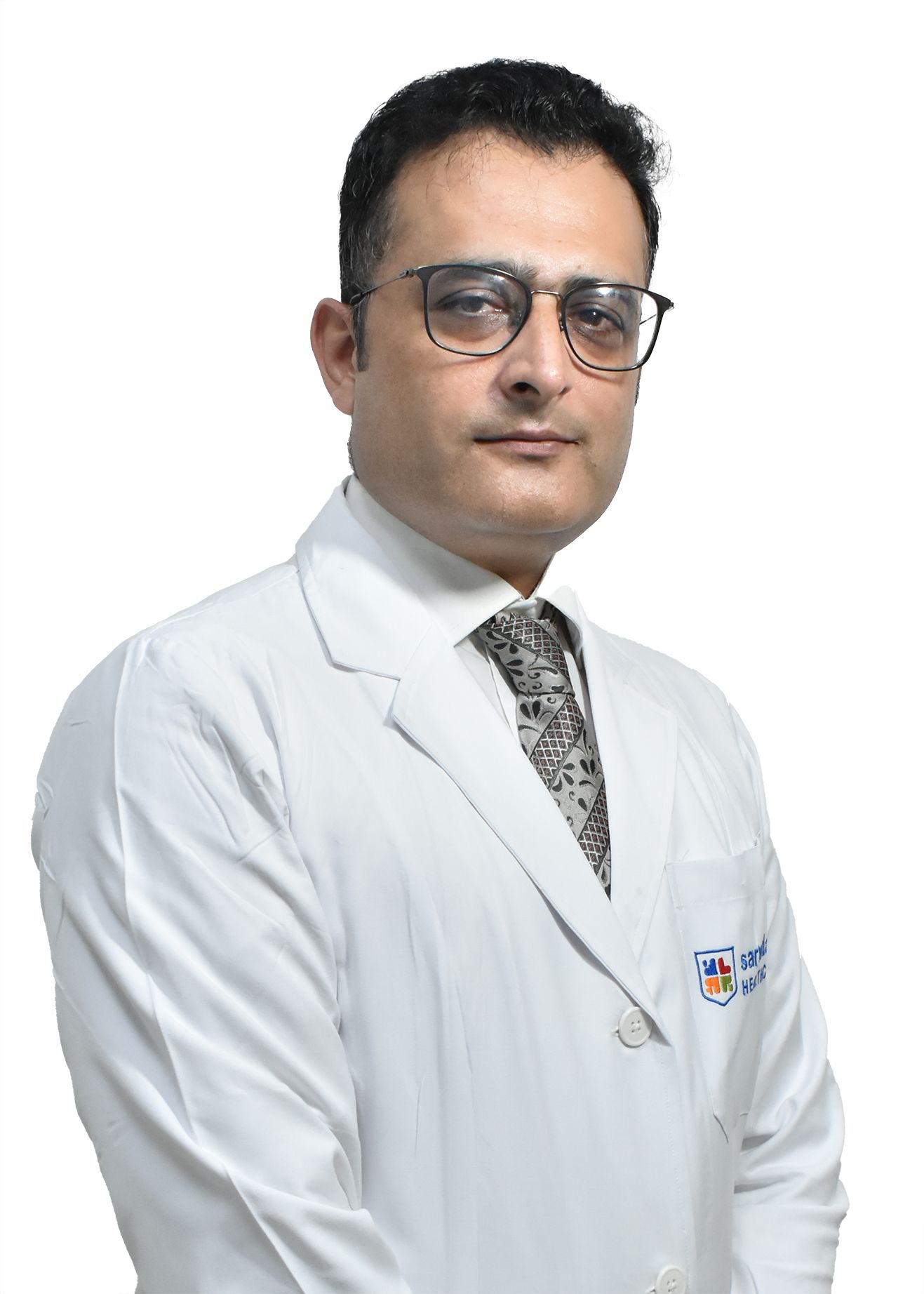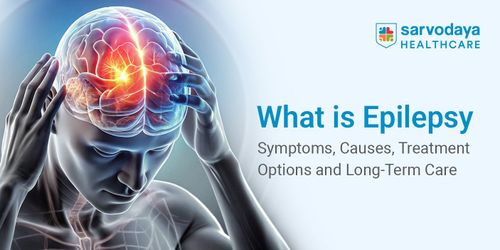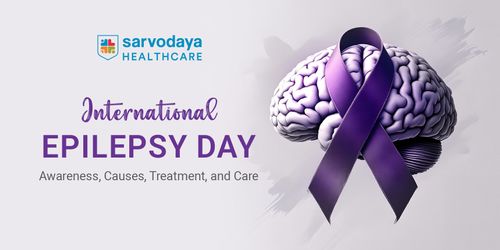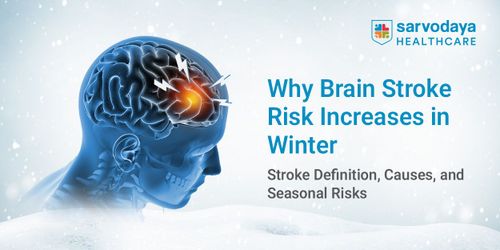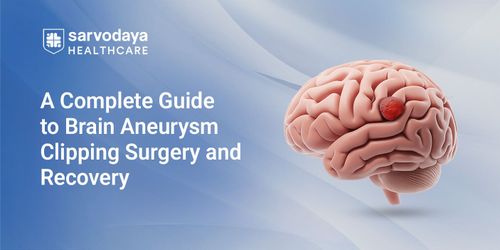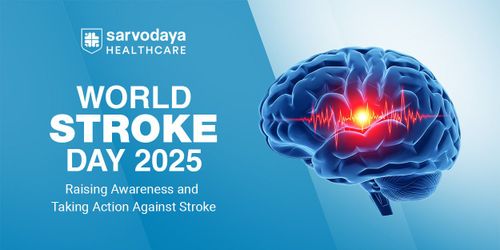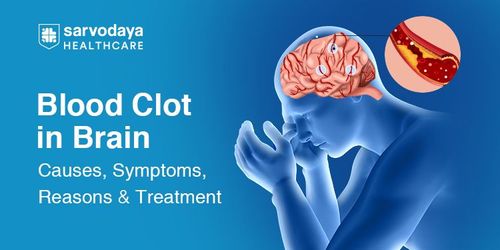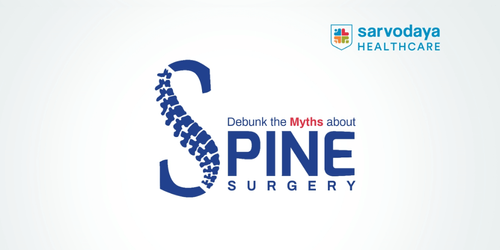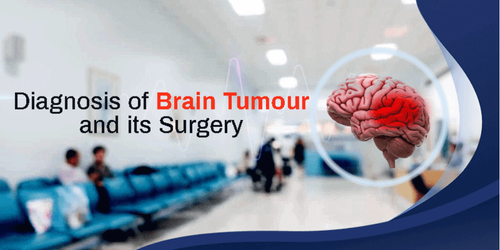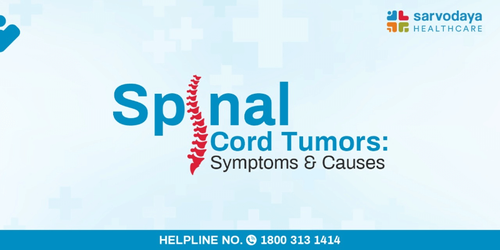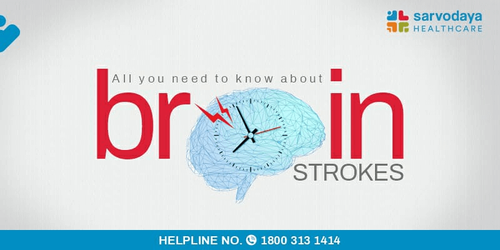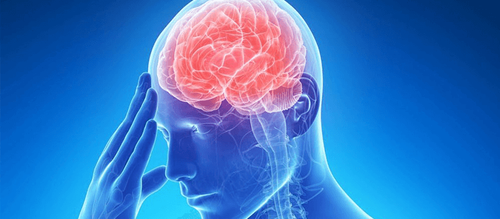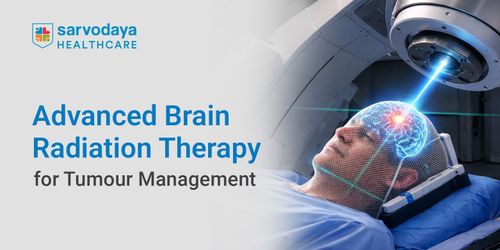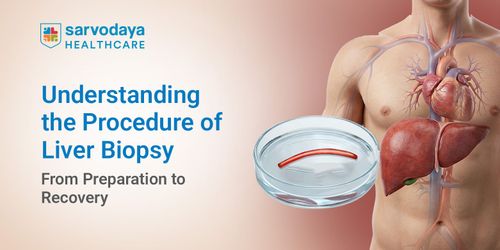A brain tumour is an abnormal growth of cells in or around the brain. It can be benign (non-cancerous) or malignant (cancerous), and both can lead to severe complications if left untreated. The symptoms often develop gradually, but sometimes they may appear suddenly, depending on the location, size, and growth rate of the tumour. Recognising the brain tumour warning signs early is critical, as it gives patients the best chance of effective treatment and recovery.
In this blog, we will explore the most common warning signs of brain tumours in adults, how they can affect day-to-day life, the methods doctors use for diagnosis, and the different treatment options, including an operation for a brain tumour.
Understanding Brain Tumours
A brain tumour is an abnormal mass of tissue where cells grow uncontrollably. This uncontrolled growth disrupts the normal functioning of the brain, putting pressure on nearby nerves, blood vessels, and structures.
There are two main types of brain tumours:
- Benign Tumours: These are non-cancerous and generally grow slowly. However, they can still cause significant issues due to pressure on surrounding brain tissue.
- Malignant Tumours: These are cancerous, grow more quickly, and may spread to other parts of the brain or spinal cord.
The exact cause of brain tumours is not always known, but several factors increase risk, such as family history, radiation exposure, or previous cancers. Regardless of the cause, paying attention to the signs of a tumour in the head can prevent complications and enable early intervention.
Brain Tumour Warning Signs That Should Never Be Ignored
The brain controls every function of the body, so when a tumour begins to grow, the symptoms can vary depending on where it is located. Many people tend to dismiss these symptoms as minor issues, which delays diagnosis. Below are the most common brain tumour warning signs that should never be ignored:
Persistent headaches: A brain tumour symptom headache is different from a regular headache. It often becomes more frequent and severe in the morning or worsens when coughing, sneezing, or bending.
- Vision Problems: Blurred or double vision and loss of peripheral sight can be early signs of a tumour in the head.
- Seizures: Even if you have no prior history, seizures can occur suddenly and are one of the classic warning signs of a brain tumour in adults.
- Memory Loss and Confusion: Difficulty concentrating, forgetting routine tasks, or confusion may be related to tumour pressure on specific brain regions.
- Balance and Coordination Issues: Struggling to walk in a straight line, frequent falls, or difficulty with fine motor tasks may be early indicators.
- Speech and Hearing Problems: Tumours can affect communication centres, leading to slurred speech or hearing loss.
Spotting these symptoms early and consulting the Best Neurologist in Delhi NCR can help in beginning treatment promptly.
Read More- Brain Tumor - Symptoms, Types, Risk, & Treatment
Advanced Symptoms and Last Stage Indicators
As a tumour grows, it puts increasing pressure on the brain, resulting in more severe symptoms. Identifying these late-stage signs is crucial for timely management.
Some of the advanced and brain tumour last-stage symptoms include:
- Severe and unrelenting headaches accompanied by nausea and vomiting
- Progressive weakness or paralysis on one side of the body
- Loss of consciousness or frequent blackouts
- Difficulty understanding or forming speech
- Mood and personality changes
- Loss of bladder or bowel control
For tumours located in the brain stem, which controls vital body functions, the brain stem cancer symptoms can be hazardous:
- Difficulty in swallowing or speaking
- Impaired breathing
- Double vision or abnormal eye movements
- Severe problems with balance and coordination
When such symptoms appear, immediate medical attention is necessary. Consulting a brain surgeon in Faridabad ensures access to advanced imaging, accurate diagnosis, and urgent care.
Diagnosis and Treatment Options
When symptoms point towards a possible tumour, accurate diagnosis is the first step. Early detection plays a significant role in improving recovery outcomes and increasing survival rates. Specialists at a neurology hospital in Delhi use advanced diagnostic tools to confirm the condition.
The main diagnostic approaches include:
- Imaging Tests: MRI and CT scans help visualise the tumour’s size, location, and effects on surrounding brain tissue.
- Biopsy: A small sample of the tumour is taken and examined to identify whether it is benign or malignant.
- Neurological Examinations: Tests are done to assess vision, balance, reflexes, and memory.
Once the diagnosis is confirmed, treatment begins based on the type and severity of the tumour. The main treatment options include:
- Operation for Brain Tumour: Surgery remains one of the most effective treatments, especially when the tumour is accessible. The surgeon removes as much of the tumour as safely possible, reducing pressure and improving symptoms.
- Radiation Therapy: High-energy beams target tumour cells to stop or slow growth.
- Chemotherapy: Powerful drugs are used to kill or control cancerous cells.
- Targeted Therapy: In some instances, new drug treatments may target specific tumour mutations.
- Rehabilitation: Post-treatment support, such as physiotherapy, occupational therapy, and counselling, helps patients regain strength and confidence.
Working with the best neurologist in Faridabad ensures that each patient gets a personalised treatment plan designed to maximise results while minimising side effects.
Conclusion
Recognising brain tumour warning signs early and taking them seriously can make all the difference in treatment outcomes. From persistent headaches to seizures and memory issues, these symptoms should never be ignored.
At this stage, it is essential to highlight the role of trusted medical institutions. Sarvodaya Hospital, Faridabad, is recognised as a leading centre for advanced neurological care. With expert specialists, world-class facilities, and a focus on precision-driven treatment, the hospital provides comprehensive support for patients undergoing operations for brain tumours or related therapies. Preventive consultation with their expert team can also help detect problems early and protect long-term brain health.
Ultimately, the journey to recovery requires a combination of timely diagnosis, the proper treatment approach, and holistic rehabilitation. Book an appointment now at the best Brain Tumour Surgery in Faridabad, Delhi NCR, to take the journey to better health with confidence and peace of mind.
We have specialists available here also.


